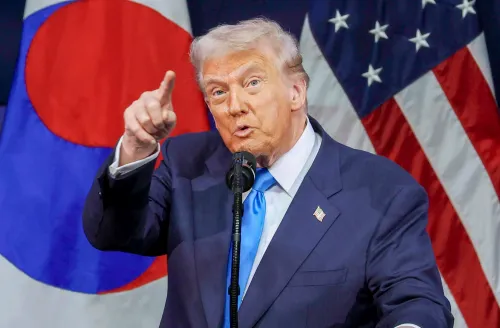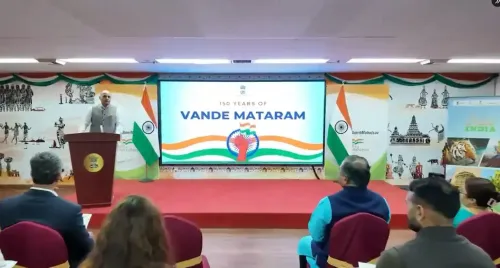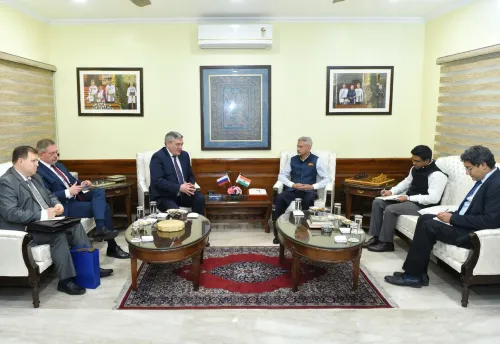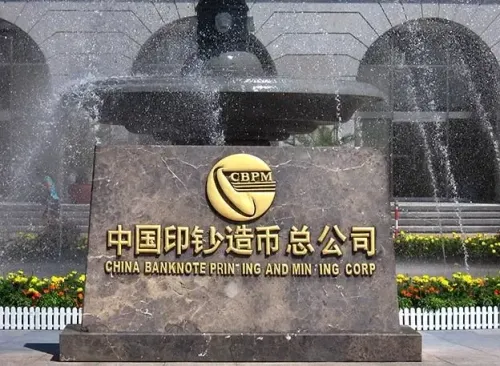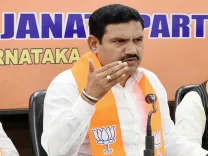Why is Bangladesh's Revolutionary Workers Party Criticizing the Interim Government?
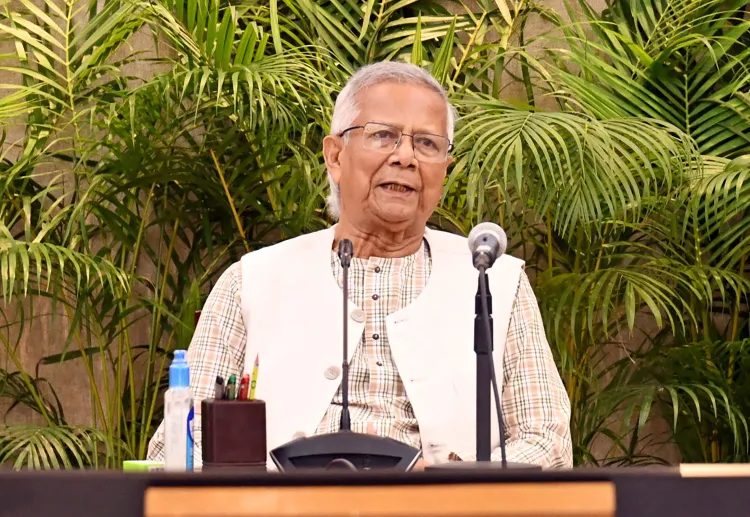
Synopsis
Key Takeaways
- Saiful Haque criticizes the interim government for governance failures.
- There is rising public despair in Bangladesh.
- Demands for timely reforms from the NCC are urgent.
- Political tensions are escalating among major parties.
- Failure to act could jeopardize national security and democratic transition.
Dhaka, July 26 (NationPress) Saiful Haque, the general secretary of Bangladesh's Revolutionary Workers Party, has condemned the administration led by Muhammad Yunus for its governance shortcomings and the rising public despair experienced over the last year, according to local media reports on Saturday.
Haque criticized the interim government for the escalating inequality, poverty, and unemployment in the South Asian nation, as reported by the Bangladeshi newspaper Samakal.
"If the current chaos and mob violence persist, the nation will soon face a significant disaster. Continued deterioration in this situation could jeopardize national security and complicate the democratic transition," Haque stated at a rally on Friday.
"The government is undermining its own effectiveness due to a lack of insight and planning. Despite having remarkable support from political factions and the populace, the government is paradoxically rendering itself weak. If impartiality cannot be guaranteed, upcoming national elections will be severely at risk," he emphasized.
Several other party members, including Bhanishikha Jamali, Akbar Khan, Abu Hasan Tipu, and Ansar Ali Dulal, also addressed the gathering.
In a previous party program in Dhaka last month, Haque insisted that the work of the National Consensus Commission (NCC) of Bangladesh should be expedited, stating that the interim government should complete reform tasks within a month.
"You have already delayed reforms for too long. We anticipate the NCC will finalize its work by June or July. Swift measures must be taken to allow all political factions to endorse the July Charter. The tasks currently under your purview should not take more than a month to finalize," he remarked.
Previously, Haque had criticized the interim government for its inability to implement any significant reforms, amidst growing uncertainties leading to the national election.
Meanwhile, as considerable divisions emerge among major political parties in Bangladesh, the NCC has been struggling to reach consensus on three critical reform topics: the establishment of a caretaker government during elections, the formation of an upper house, and defining the electoral process for 100 reserved seats for women, according to local media.
The second round of discussions within the NCC has been postponed due to disagreements among political parties on these three matters. However, last month, the second phase of discussions involving 30 political parties and the NCC commenced as political uncertainty and instability continued to prevail in Bangladesh.
The parties that collaborated with student leaders and Muhammad Yunus to dismantle the democratically elected Awami League government led by former Prime Minister Sheikh Hasina are now publicly criticizing one another at rallies and on social media.

